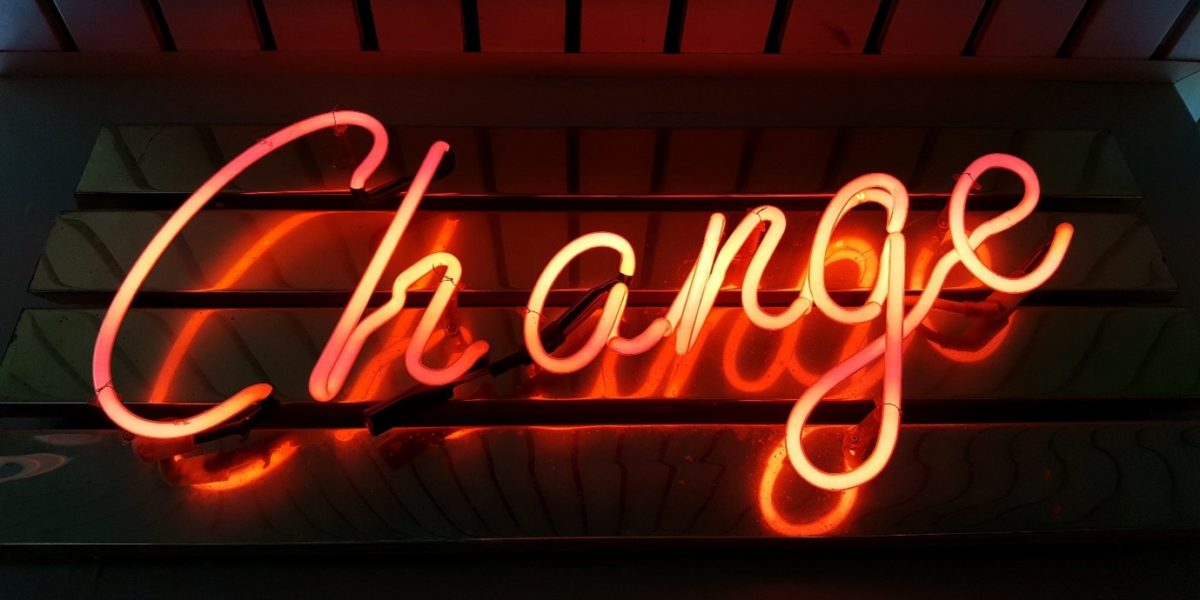BRANDS UNPREPARED FOR CONSTANT CHANGE WON’T HANDLE MARKET VOLATILITY
The “new normal” is a phrase that we all used numerous times in predicting the strange pandemic lives we found ourselves living. At the peak of lockdowns and restrictions, the only “new normals” we could accurately predict were that uncertainty and change would be constant. As we move out of the pandemic, we have seen that “new normal” habits were born from that unprecedented period.
One of the most noticeable areas where we saw habits drastically shift was with regard to food. In a recent Pandemic Food study carried out by TVE, scratch cooking, buying sustainably, and eating plant-based food, stood out as habits that dramatically increased during the pandemic. They now appear here to stay, as “new normals”. These new habits marked a shift in the way people approached their home dining experience, as well as reflecting the heightened societal expectation to do our part for the planet, and the increasing pandemic-induced focus on healthy living.
As these new habits endured, many brands recognised the importance of conveying how they fit into these lifestyle changes; whether that be aligning their brand messaging, or showcasing support of the “new normal” through partnerships. Not all brands managed to strike the right tone, though, and we discussed how to change the narrative on sustainability in our blog back in March.
Fast forward to today, under the current economic context of a cost of living crisis, a transformation of “new normal” food habits could have further far-reaching consequences for brands across Retail, FMCG, Travel, and Hospitality sectors. As the pinch on wallets and specifically disposable income becomes tighter, we are already seeing millions of consumers having to make sacrifices as they re-prioritise their spending.
It is important once again for brands to convey messages that accurately reflect this new state of existence, as people settle into what their norms will be. Brands like Waitrose have led the way in the Grocery sector, emphasising a focus on the value within their essentials range by launching their ‘Quality you’d expect at prices you wouldn’t’ campaign, a focus that hasn’t traditionally been associated with the brand but was well-received by a successfully conveyed message.
By contrast, brands whose messaging fails to include the appropriate empathy for consumers’ worsening financial situations will find themselves falling behind. So, brands need to convey messages that reflect these major lifestyle and habit shifts to remain relevant to the consumer, all whilst juggling to keep their message coherent with a stable brand identity.
As a result of these economic and societal shifts, I anticipate brands inundating the market with justifications that their products and services offer great value for money. However, where brands will distinguish themselves from the rest is in how well they present justifiable good value alongside genuinely fair prices.
Above all else, organisations need to focus on their ability to react quickly to this continued period of intense change. With an increasingly volatile market, the only “new normal” is change. Brands will be defined, over the coming months and years, by their ability to pivot to the needs of consumers, whilst maintaining a consistent but adaptable brand identity. The quicker brands can pivot, the more market share they may capture.


